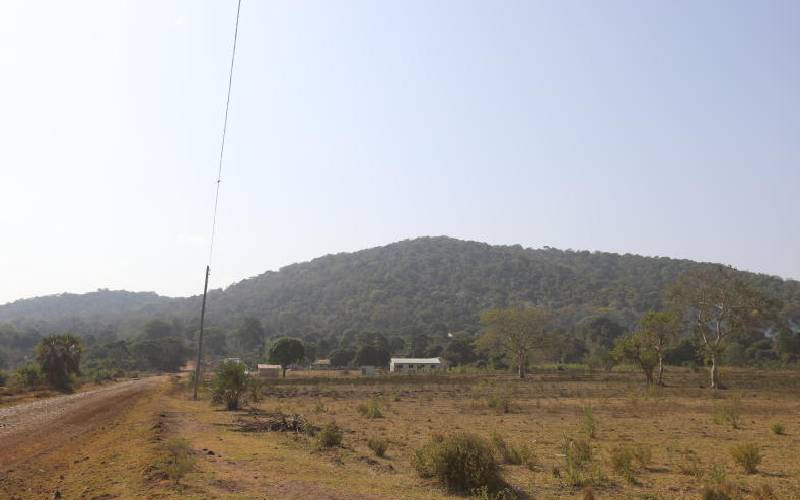×
The Standard e-Paper
Stay Informed, Even Offline

Africa carries the shame of the highest rate of femicide in the world. In 2023 alone according to a UN report, our beloved continent murdered over 21,000 women just because they are women.
In Kenya, almost 100 women have been killed in just the past three months, according to police records.







